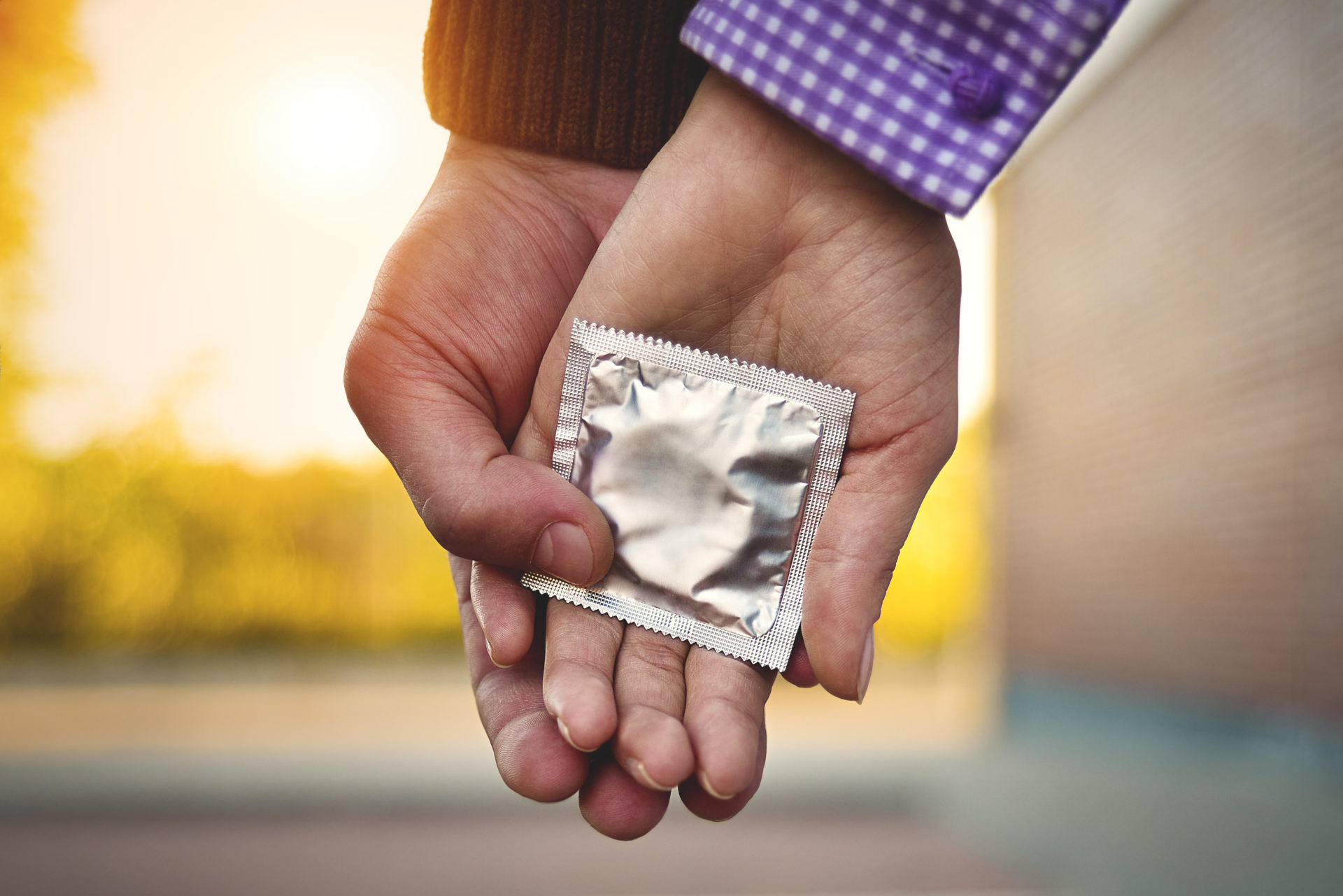The number of women using hormonal contraception methods has declined, while the number of people relying on fertility-awareness methods has increased.
Research published in BMJ Sexual & Reproductive Health found that the reported use of cycle-tracking as a method of family planning increased from 0.4% in 2018 to 2.5% in 2023 in England and Wales.
Cycle-tracking involves using apps or other methods to better understand fertility throughout a woman's cycle.
The number of women using hormonal contraception, such as the pill, the mini pill, the patch or the vaginal ring has declined by 7.5% from 2018 to 2023.
On Moncrieff, University of Galway lecturer and sexologist Dr Siobhan O'Higgins said hormonal contraception and condoms are the most effective forms of birth control.
"Sperm, once ejaculated, can stay alive in a human's body for up to 12 days, so that throws all those calculations [of cycle-tracking] out the window," Dr O'Higgins said.
"The best way to not make a baby is to use some form of hormonal contraception and condoms or to avoid penetrative sex."
The research indicates a change in women's attitudes towards their own bodies, Dr O'Higgins said.
 A couple hold a condom together, Alamy
A couple hold a condom together, Alamy"For women it’s about taking control of your body and understanding your body," she said.
"To a certain extent, that’s a really good thing - to understand your fertility, when you’re most fertile and your ovulation cycle, all of those things are really good to get to know your body as a woman.
"[It means] you're in tune with it in a way you haven't been before."
Dr O'Higgins also said hormonal contraception has changed significantly since they were first made available.
"There are far smaller amounts of hormones so they are less likely to disrupt your mood and all of those kind of things that hormones control," she said.
You can listen back below.
Feature image shows a person taking oral contraceptive pills.









